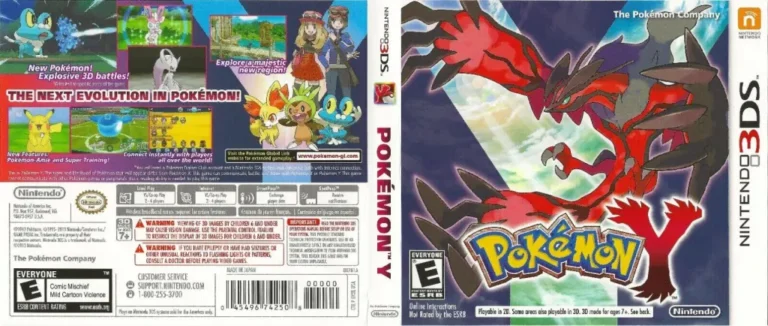Dumping Installed Titles
With the latest updates, Citra now supports DLCs and game updates. For instructions on extracting those, refer to the Dumping Updates and DLCs guide. Using threeSD for Easy Dumping threeSD is a specialized tool designed to simplify the process of transferring data from a 3DS to Citra. This tool efficiently extracts all necessary files in…


